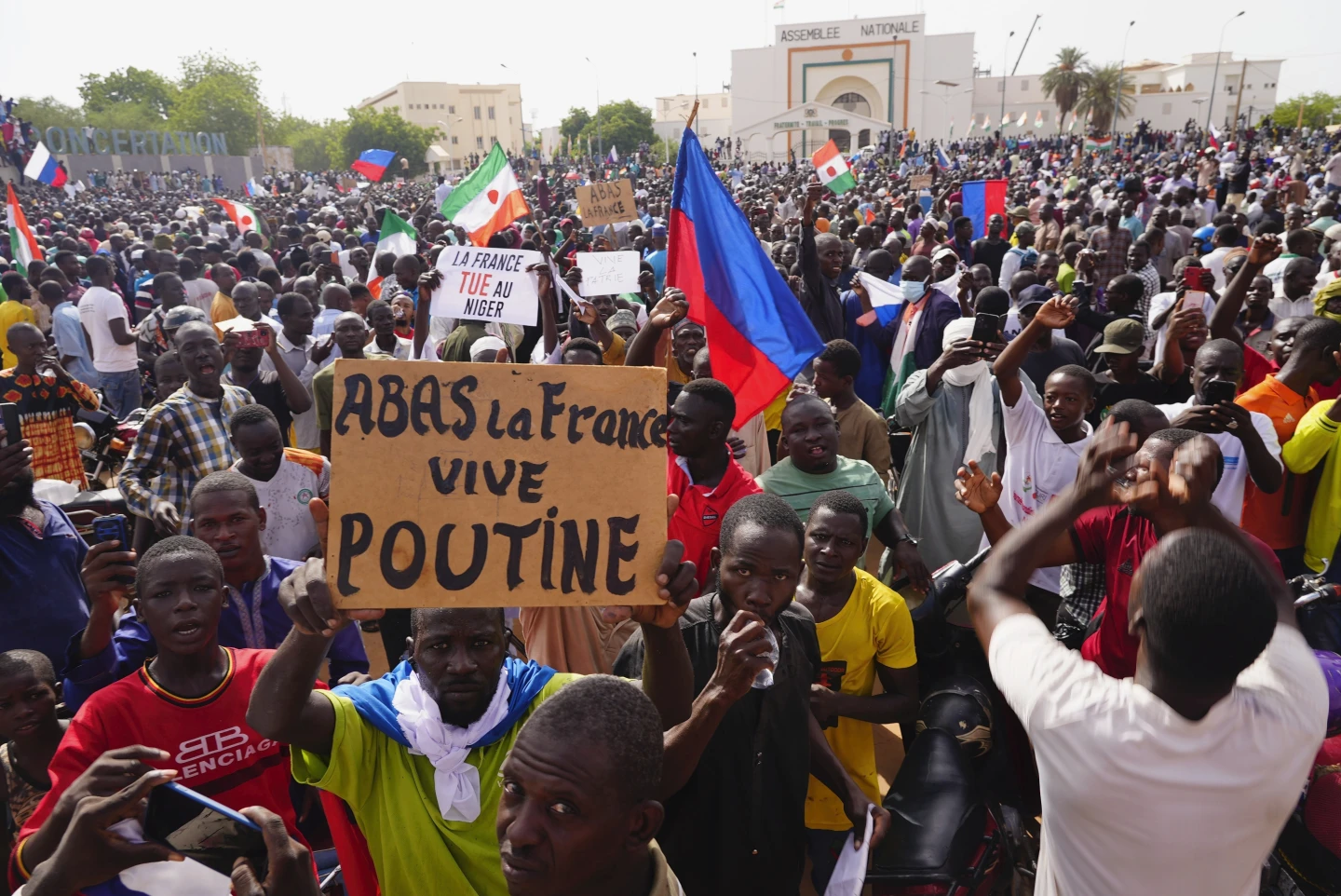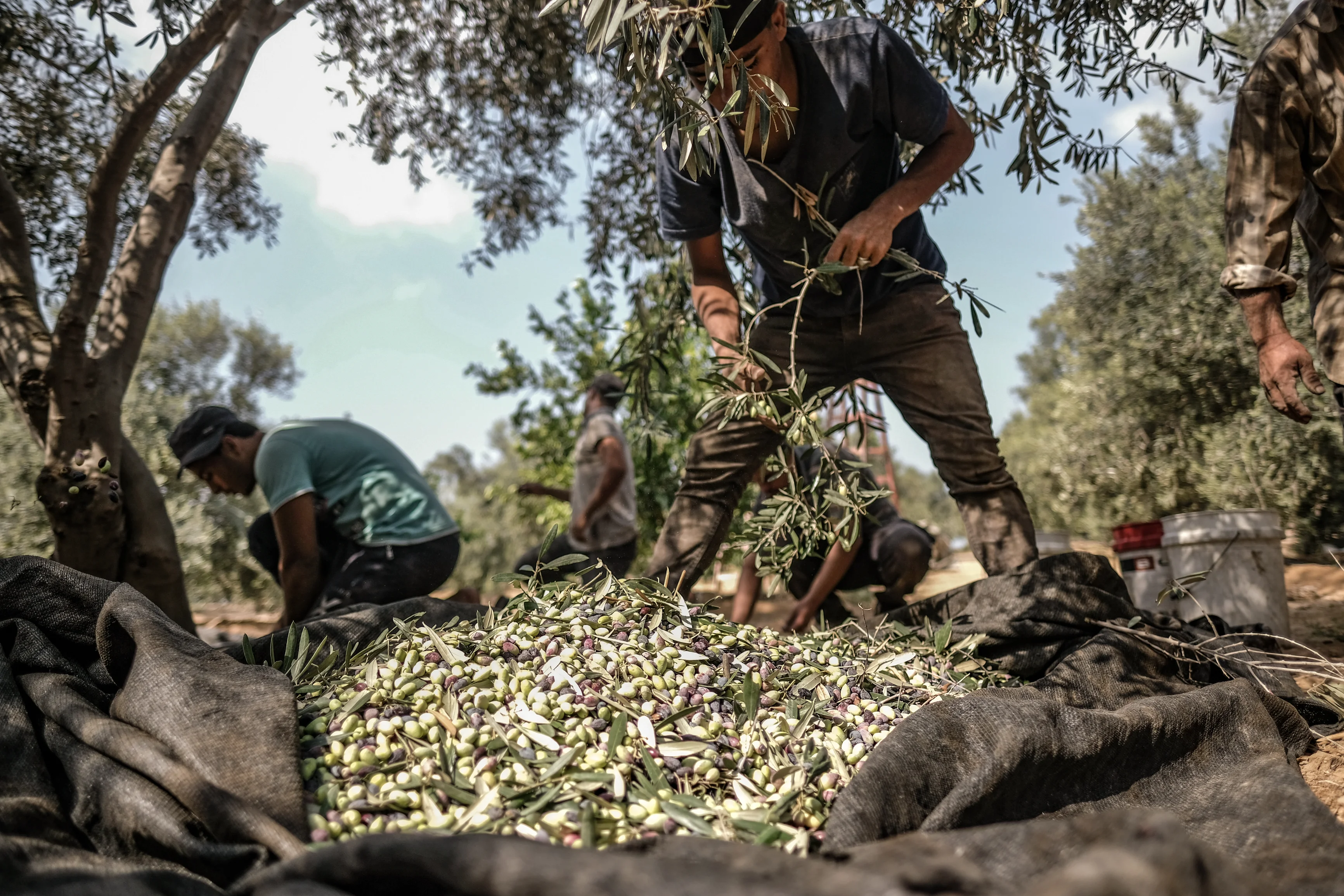The Crimson’s Commitment to Objectivity Stops at Palestine
In 2022, Harvard student groups invited the Palestinian writer Mohammed el-Kurd to give a talk about state violence. Here is the beginning of the Harvard Crimson article about his visit. Some phrases are italicized for emphasis:
Student Groups Host Event with Palestinian Activist Mohammed El-Kurd, Drawing Protest from Pro-Israel Students
Harvard student organizations hosted a Monday discussion on divestment and youth activism with Black Lives Matter organizer Marcus McDonald and Palestinian writer Mohammed El-Kurd — who drew protest from some pro-Israel students who criticized his rhetoric as antisemitic.
What we are witnessing is The Crimson’s astonishing willingness to represent Zionists in good faith, even as it refuses to extend the same grace to Palestinians. In the publication’s news coverage, description of pro-Palestinian speech has to be preemptively qualified with allegations that said speech is antisemitic. In this article, there are three such qualifications before el-Kurd’s own words appear. Even then, el-Kurd is only quoted at length once, and not in reference to the actual topic of his talk — Israel’s ethnic cleansing of the Palestinian neighborhood of Sheikh Jarrah — but in apparent response to the allegations of antisemitism against him.
It is hard to tell from The Crimson’s coverage that el-Kurd is not just any “activist and outspoken critic of Israel’s occupation of Palestine” but also a widely acclaimed journalist, organizer, and poet who was named one of TIME Magazine’s 100 most influential people in 2021. It is also hard to tell which part of el-Kurd’s speech was actually criticized as antisemitic. Pro-Israel students are quoted as saying that el-Kurd’s rhetoric has “crossed the line,” and that it often “slips from anti-Israel, anti-Zionist sentiment into antisemitism.” But there are, if you can believe it, no examples of this rhetoric in the article itself. Now look what just happened! Through The Crimson’s framing — the idea that discourse about a topic is as newsworthy as the topic itself — the reader has shifted their focus from the material, violent evictions of Palestinian families in occupied East Jerusalem to the abstract notion that discussing those evictions might be antisemitic.
This pattern repeats without fail in The Crimson’s coverage of pro-Palestinian speech, and it has only escalated since October 7. Earlier this month, The Crimson covered a rally held at Harvard’s Gaza Solidarity Encampment to protest Israel’s invasion of Rafah. The article described a speech given by a student protestor, whose name has been omitted here, like this:
[NAME], a Palestinian third-year student at Harvard Law School, spoke about the wave of campus protests in the U.S. and its perception in Palestine.
“People in Palestine are calling this the ‘student intifada,’” [NAME] said. The term “intifada” — Arabic for “shaking off” — refers to Palestinian uprisings against Israel and is viewed by many Jews as antisemitic.
This is poor reporting on several counts. The most obvious charge — that this is a simplistic, bad-faith understanding of the word “intifada” — has already been thoroughly documented, including in the very speech described in the article, although the article does not mention this. On a procedural level, this is an obvious bit of editorializing that reproduces a racist stereotype about Arab and Palestinian speech. The Crimson did not interview Jewish students who alleged that the term “student intifada” was antisemitic; the reporters added that all on their own. More broadly, the above excerpt is the only representation of the Palestinian student’s speech: a nine-word quote followed by a rebuttal that dismisses her language to avoid engaging with her argument. As with the coverage of el-Kurd, someone reading this article would have no idea that the student was protesting Israel’s invasion of Rafah — or even that the invasion was happening at all.
Compare those articles to one published by The Crimson on May 15, about a pro-Israel counterprotest at Harvard’s Gaza Solidarity Encampment:
Columbia Professor Shai Davidai Says Harvard Failed to Protect Jewish Students at Monday Counterprotest
Columbia Business School assistant professor Shai Davidai accused Harvard of failing to protect its Jewish and Israeli students in a Monday afternoon counterprotest outside Johnston Gate.
Like Mohammed el-Kurd, Shai Davidai has also been the subject of significant criticism. Since October 7, Davidai has used social media to harass and slander Palestinian and pro-Palestinian students at Columbia and other New York schools, leading to death threats, rape threats, and doxxing. Davidai has called some of these student protestors “Brainwashed Hitler Youth,” “mini-Nazis,” and “terror supporters.” His actions have led to a petition calling for his firing, which has collected nearly 13,000 signatures. But The Crimson’s coverage of his visit to the Harvard encampment does not mention any of this, noting only that he “rose to prominence for criticizing pro-Palestine student protesters.” The article about el-Kurd’s speech contains not one but three interviews with pro-Israel protestors; it’s not clear that The Crimson reached out to any voices critical of Davidai at all.
Of course, this is not to say that el-Kurd and Davidai should be treated equivalently just because they are both controversial; only one of them is running cover for a genocide. But The Crimson is not failing our standard of objectivity — it is failing its own. Harvard’s paper of record commits to “honest and fair coverage of the news,” including by accurately quoting sources and representing criticized parties fairly. But when it cannot make good on its commitment — when it comes to Palestine — we learn these policies may not matter all that much.




